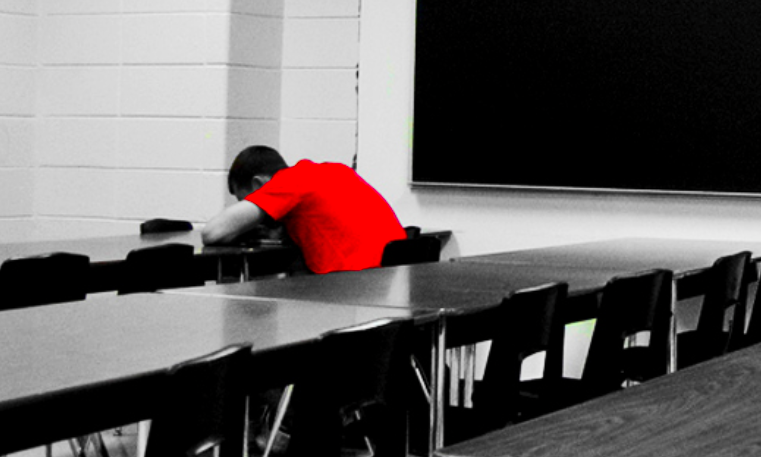The friendship crisis: Why are boys so lonely and violent?
by Niobe Way, Washington Post Elliot Rodgers, 22, killed himself and six people near the campus of the University of California Santa Barbara last month because he wanted to take revenge on “humanity” for his “loneliness, rejection, and unfilled desire.” In the few weeks since that occurred, there have been additional violent acts in schools across the country. […]










